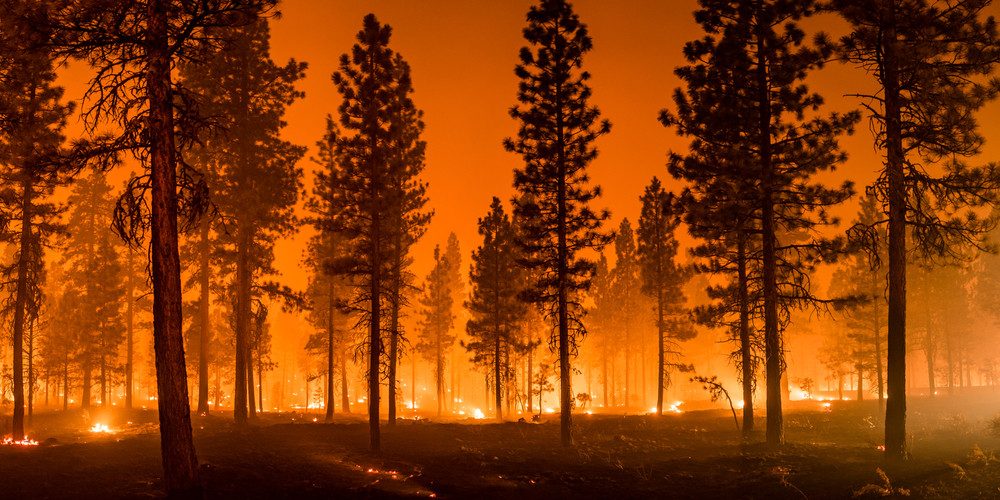Will Fire Retardant Products Hurt My Plants?
You want to keep yourself, your family, your home, your pets, and your possessions as safe as possible. This means being proactive about many threats you face, including fire. When it comes to battling the threat of fire, it's much better to be proactive than reactive. We encourage you to shop online for fire retardant products and use them throughout the inside and outside of your home.
Fire retardants are available as coatings or sprays to be applied to any object, like structural steel beams, wood, plastic, roofs, drywall, furniture, and drapes. Everything from the curtains in your living room to your wooden shed in the backyard can be made fire resistant! That's the good news. The not-so-good news is that spraying and painting these chemicals can have some adverse effects if you're not careful.
Don't spray retardants on your plants on purpose. Accidents may happen, though. For one, know that plant damage is not at all a common result from using fire retardant products. That being said, any wayward retardant should be washed off the leaves and plants as soon as possible, especially if the aesthetic value of those plants is important to you. Certainly, any plants that are to be eaten, like from your backyard garden, should be thoroughly washed.
Retardants are mostly fertilizer, made from compounds like di-ammonium phosphate. Because of this, they are at least theoretically capable of scalding or scorching sensitive plants. There are other ingredients in retardants as well, mostly color and corrosion inhibitors. None of those are
likely to be acutely toxic. Nonetheless, any retardant that gets on your plants should be
washed off. If it makes you feel better, you should know that firefighters get drenched with these products from time to time while battling wildfires. You definitely don't want to get these products on you, plants, or animals, but they aren't as immediately toxic as you may fear.
Don't worry that this will have adverse effects for a long time to come. Retardant that falls onto soil will, relatively quickly, degrade to nitrogen. This isn't the type of chemical that lingers. Soon, there really should not be anything left of the retardant if it's not applied to the correct substrate.
Years ago, there was controversy about fire retardants. Just like nearly every other aspect of our lives, technology and advancements in the industry have made these products significantly safer and more effective than even a decade before. At RDR Technologies, it is our mission to provide you with the best fire protection, which means retardant that is effective and long-lasting. Don't just hope a fire never happens to you. Prepare your home in a way that ensures everyone's safety! If you have any additional questions about which product is right for you or how to minimize any adverse effects to the plants in and around your home, we encourage you to contact us. We have a simple online form to fill out, or you can call (405) 306- 3062 to speak with someone directly.
Recent Posts
-
Halloween Decor Safety: Protecting Costumes, Props & Haunted Houses with Fire Retardants
Halloween is one of the most creative holidays of the year. From glowing jack-o’-lanterns to elabora …Nov 5th 2025 -
Cost-Benefits of Investing in Fire Retardant Coatings
In today’s construction and safety-conscious environment, protecting buildings, assets, and people h …Nov 5th 2025 -
Fire Resistant vs Fire Retardant vs Intumescent: What's The Difference
When it comes to fire safety, the terms fire-resistant, fire-retardant, and intumescent are often us …Nov 5th 2025




